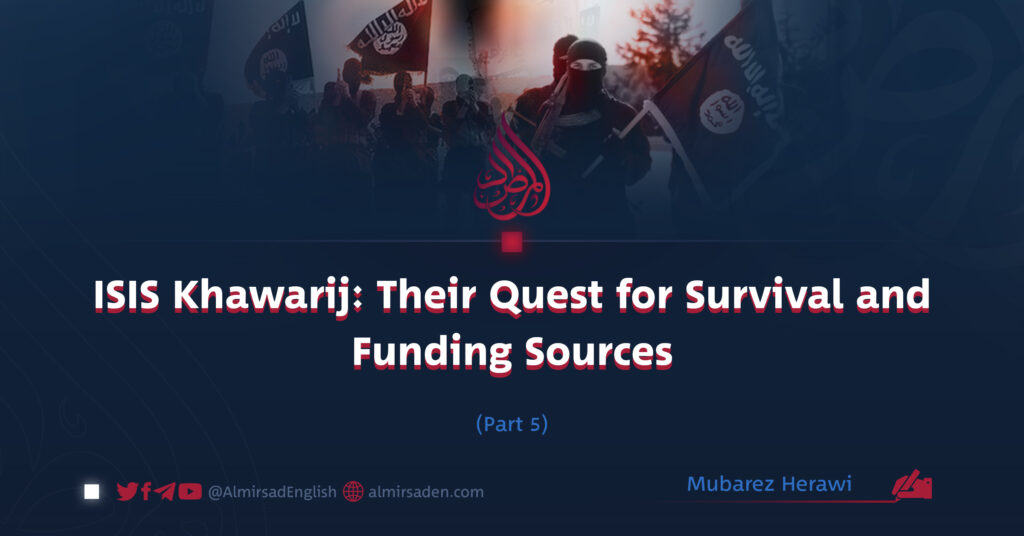Part 5
Written by: Mubarez Herawi
ISIS did not limit its funding to kidnapping, looting of valuable artifacts, and the theft and sale of oil and gas; it also employed numerous other methods to finance its destructive agenda.
One such method involved imposing a tax known as “jizya” on non-Muslims, as well as selling women and children as slaves and captives—another source of income for ISIS.
These unlawful practices were given a religious appearance through fatwas issued by their corrupt scholars, justifying such actions as permissible, in line with their other illicit activities.
ISIS exploited the names of “caliphate” and “Islamic governance,” demanding jizya in the cities it controlled, where followers of other religions also lived, often announcing these demands through mosques.
During that period, in Mosul, Iraq, these infamous misguiders presented Christians with three choices through mosque announcements: either pay jizya, leave the city, or face death for non-compliance.
The bustling slave markets were another source of income for these dark-hearted individuals. These markets, falsely justified under the guise of Islamic law, had no genuine connection to Islam.
In reality, Islam was revealed to eradicate slavery from societies, reinstating individuals to their natural state of freedom. However, these modern-day Khawarij distorted Islamic principles and exploited its name to undermine the very foundations of Islam.
Within these markets of human trafficking, vulnerable and innocent Muslim women and children, as well as non-Muslims, were traded and fell victim to ISIS’s anti-Islamic policies.
In 2015, the “Daily Mail” reported that women from Afghanistan, Pakistan, Chechnya, and Libya were also brought to ISIS’s sexual slavery markets in Mosul.
This claim was repeatedly confirmed by prisoners who had managed to escape from ISIS’s clutches. These markets, located in Iraq’s Mosul and Syria’s Raqqa, served not only as sources of substantial revenue but also as a tool to entice and motivate ISIS’s deceived forces.
